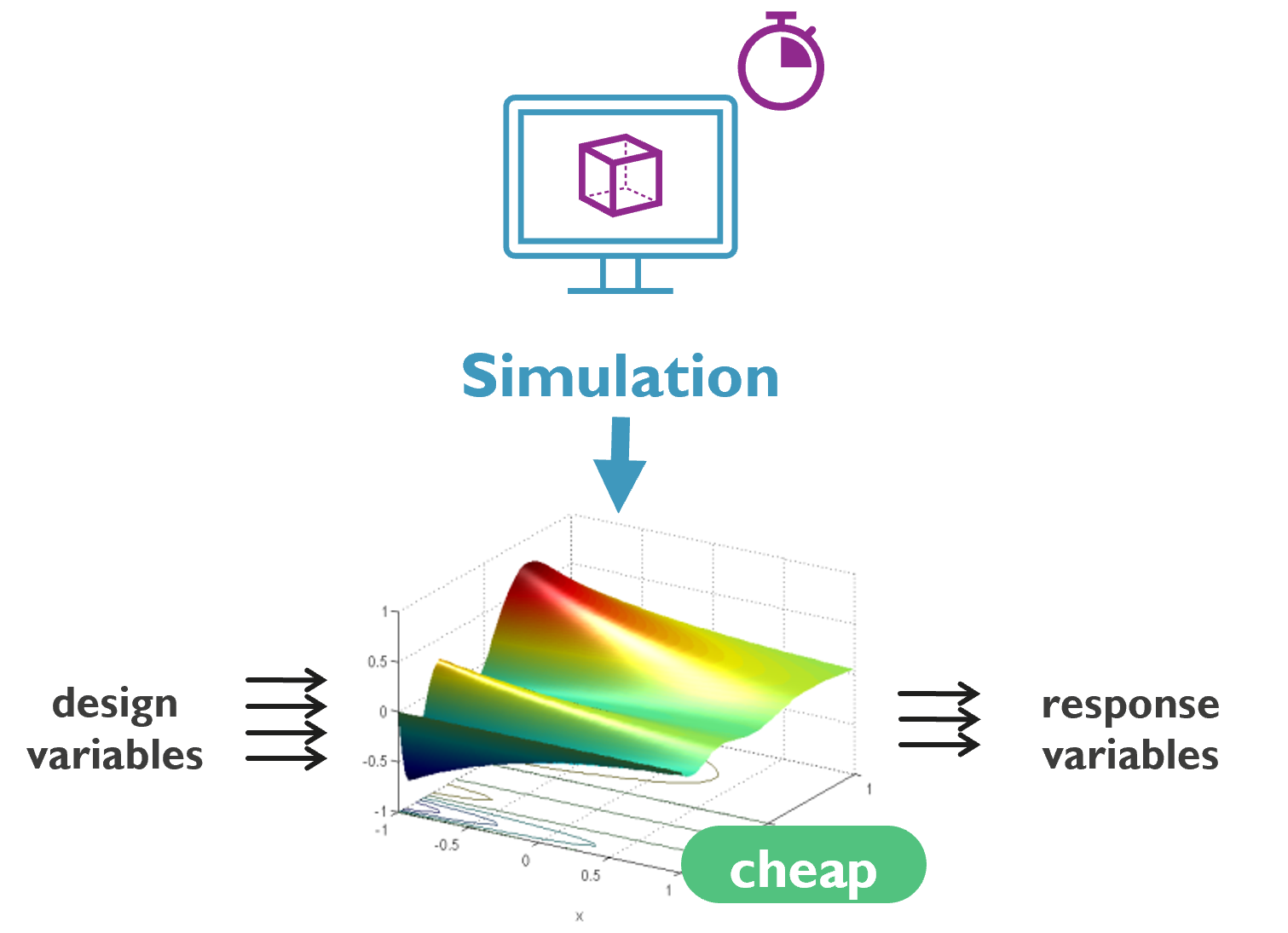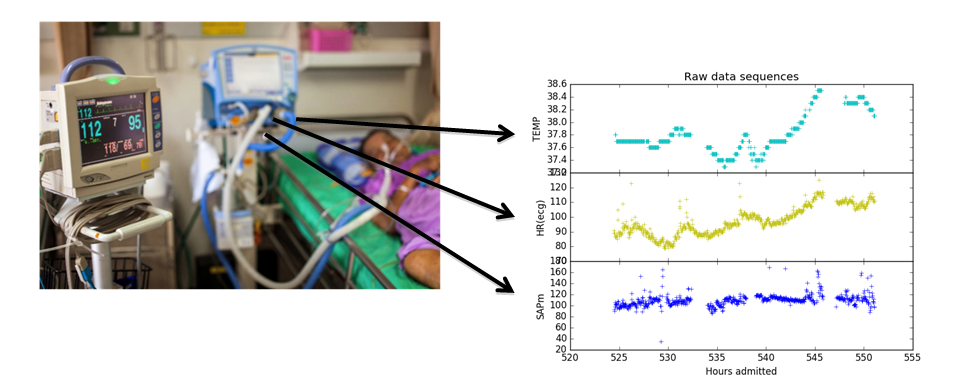
Surrogate modeling
Data-efficient Machine Learning (DEML), or surrogate modeling, refers to efficient learning, modeling, and optimization techniques in various engineering domains where data is sparse or costly to acquire. This allows the building of effective digital twins and models trained on small-scale datasets. From an industry perspective, where often high-quality data is lacking, data-efficient machine learning has the promise to minimize the time, engineering efforts, and data required to go live with industry-grade artificial intelligence.

Macromodeling for RF, microwave and photonic engineering
During the design phase of modern electronic and photonic devices or systems is fundamental to understand the link between design parameters and the system's responses under study. Indeed, a deep knowledge of the system's functioning can be used to meet design specifications and, along with suitable optimization and uncertainty quantification tools, optimize performance and assess the reliability of the product under development. To this end, designers rely heavily on Computed Aided Design (CAD) simulations and/or measurements. However, CAD simulations can be expensive in terms of computational cost and memory requirements, due to the complexity of modern electronic and photonic systems, while measurements require dedicated equipment and the production of suitable prototypes. In this framework, surrogate modeling, also known as macromodeling, is a fundamental tool in the designers’ arsenal to achieve better design solutions with shorter design cycles.

Predictive analytics on time series
In today’s digital society, significant quantities of data are being generated at an unprecedented rate, e.g. in manufacturing, energy, or health care. The omnipresence of sensors and connectivity generates a significant growth in the complexity of data that offers the potential for a revolutionary transformation. The analysis of data streams coming from sensors and mobile devices is nowadays still underexplored. It offers a lot of exciting opportunities to enrich systems and make them smarter by running data-driven applications. Predictive analytics is considered to be one of the key drivers of innovation in the working of such systems. The functioning of these systems can greatly benefit from insights and actionable knowledge that can be extracted from this data, such as events, anomalies, and forecasts.